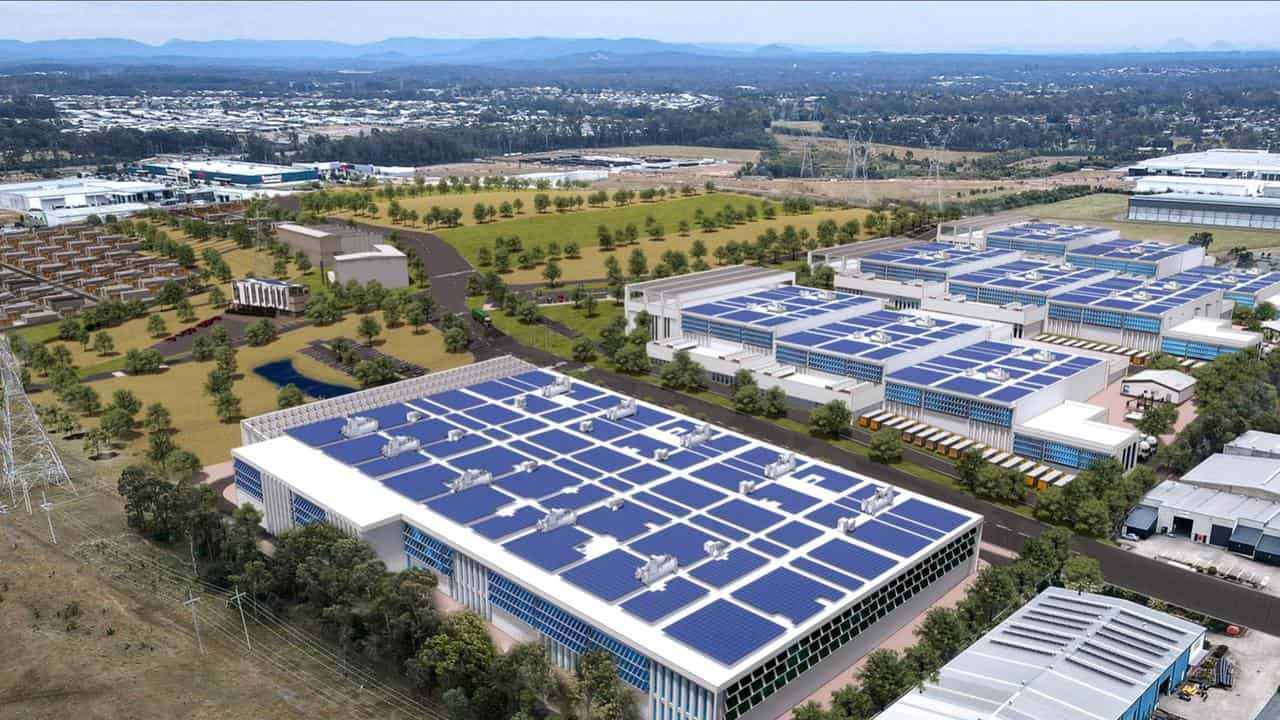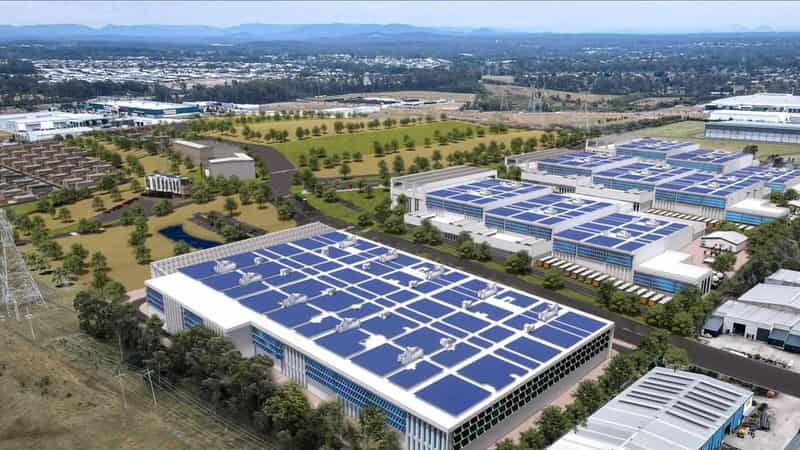
The rise of artificial intelligence (AI) will spawn sprawling data centres and could threaten essential services without major changes, a leading company warns.
Data centres account for approximately four per cent of Australia's energy usage each year but that is set to soar as AI takes hold in entertainment, banking, healthcare, transport and manufacturing.
Physical infrastructure to support digital and virtual worlds will need power, cooling, racks of servers and new software management tools.
As energy costs rise and environmental concerns grow, data centres must focus on energy-efficient hardware such as high-efficiency power and cooling systems, Schneider Electric executive Pankaj Sharma said on Monday.
Renewable power sources will also help to reduce operational costs and the carbon footprint, he said.
According to research released by the company's Energy Management Research Centre, AI workloads are expected to represent up to one fifth of the world's total data centre energy by 2028.
In the industry-first guide, companies ranging from internet giants to start-ups and essential services providers are being urged to consider the challenges of the shift to AI-driven workloads.
Machine-learning workloads are often business-critical, which requires an uninterrupted power source and a back-up centre to manage the data.
A popular model such as ChatGPT is handling queries are now in the millions per day, the researchers found.
Applications such as self-driving cars, search engines or chatbots may need the equivalent of a smartphone or several racks of servers.
"AI applications, especially training clusters, are highly computer-intensive and require large amounts of processing power," Mr Sharma said.
"This puts a significant strain on the power and cooling infrastructure of data centres."
The large language models that are typical of AI need many machines running in parallel, for hours or months, which requires servers, data storage and a network to connect it together.
The data requirements associated with massive demand for AI are driving new chip and server technologies, resulting in "extreme rack power densities", the researchers found.
Networking demands and cost are expected to require assets to be clustered together, but changes to the electricity and communications network will be needed to support the heavy load.
Data centre operators will also need to transition from air cooling to liquid cooling technologies to support AI workloads.
Schneider Electric last month announced a partnership with Australian specialist property company GreenSquareDC to build a 96-megawatt data centre in Perth.
They aim to set a benchmark for less energy and water consumption by data centres, with construction slated to begin early next year and further sustainable data centres planned across Australia.









